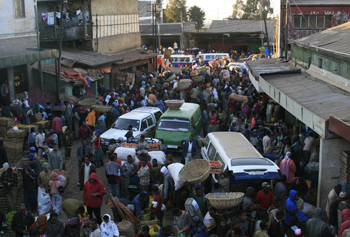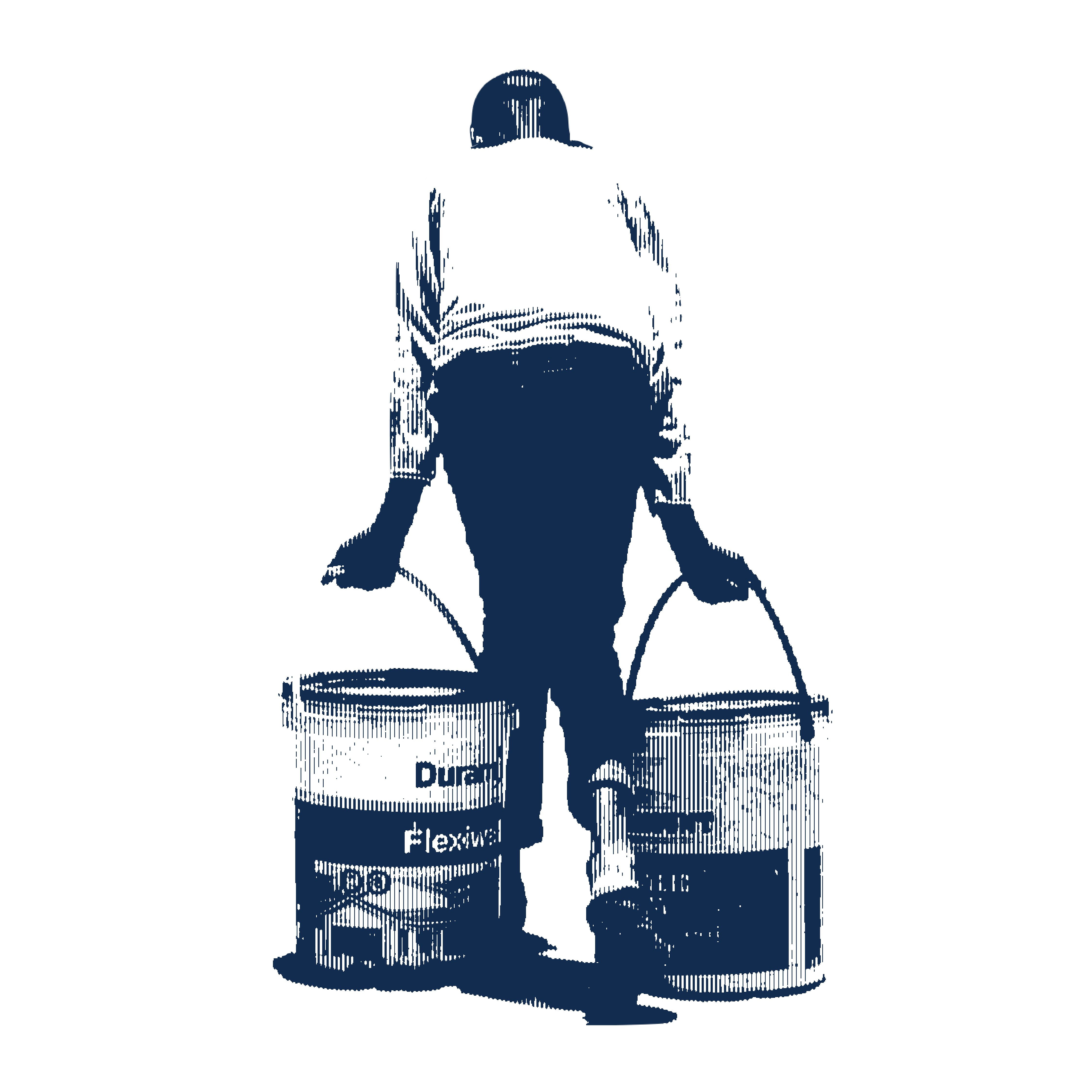
Some of my toughest times growing up in Kenya were those spent on my way to and from the village river. I call it the village river because it was by and large the only source of water for my village. Never mind the fact that the river was four miles away and was shared among scores of villages along its course.
Like other countries on the east coast of Africa, Kenya has no cold or warm season as understood in the West; rather it has a dry and a wet season. During the wet season, people collect the rainwater in all manner of water reservoirs ranging from small plastic bottles to dams. On a good wet season, the collected water is expected to sustain a family and their livestock for months.
It was the dry season that would be the trickiest for us. Every evening after school, I joined a throng of children, not to play video games, but to fetch water for dinner for our families. In a different grouping would be the village women who would have spent their day on the farms. I may have been a child but the journey to the river and back wasn't child's play.
Firstly, it involved trekking two miles home from school and then heading four more miles in a different direction to the river. School ended at 4:30 p.m. and by the time we walked home, picked up our water cans and journeyed to the river, night would have fallen. It would be pitch black when we arrived at the river. I dreaded the dark woods and the sounds of the crickets. Even more, I dreaded the journey back home with a huge water can lodged on my small shoulders.
Comparatively, weekends were better times for me. I would have a very intimate, almost spiritual, connection with the river. I would troop there with all our animals: cows, goats, sheep, and my hunting dog Simba. Fater arriving I would immerse myself knee-deep in the river's flowing water. I would take huge gulps of water, scooping it with my hands, beside the animals that would be drinking directly from the same source. The fact that the water was untreated never once crossed my mind and never did I ever get even the slightest fever from guzzling the untreated liquid.
After we--my animals and I -- had drunk to our fill, I would, together with my friends, delve into other critical water exploits. Luckily, there would be no school over the weekend, and us boys would have a little more time to spare for the water business. We made sure we made the best use of the river while we were there. Next to our animals we would take baths and wash our laundry down to the last garment on our bodies. We would then lie down naked and take comfort in our weekly bliss as our laundry dried. We would always have a pleasant time save for those occasions when a mischievous boy from a different part of the village would sneak in and take our drying clothes away. High drama would then ensue as, naked, we chased the naughty boy around the bushes.
We would put our half-dry clothes back on and carry the water home.
Every time I would carry the water, I would arrive home dog tired. It was around this time that my mum, then a school teacher, saved some money and bought the family a donkey to be used as a beast of burden to help ferry water home from the river. I was immediately charged with the responsibility of training the animal to do the job. Donkeys in this part of the world take their lessons through whips. It is a scene most animal rights activists would not stomach.
I too could not. I found the training a little too much on the harsh side. That was my undoing with Nyawira, our family donkey. Donkeys, I later would learn, are also not respecter of humans who feebly push them into work. Unlike most of the other villagers I had such a rough time with the animal. Many are the times it would abandon me mid-way home from the river with at least four huge water containers. In the end, I would end up doing a bigger job than I would have done with my single water container. That is how I quickly abandoned the donkey project and returned to my trusted shoulder. Never again will I deal with donkeys!
With the water problem and the resultant frustration of bruising my shoulder with the water can, I decided that my only way out of the hard way of life in the village was to go to school. I had seen educated people come to the village in huge cars and ferry water to their families and friends in huge tankers. If school would elevate me to such a pedestal, then I had to pursue it relentlessly.
In 1991 when I sat for my high school entry exams, I was the best student in about one hundred students in my school who sat for the exam that year. Soon after I left for a boarding high school where water problems would be drastically reduced. Five years later, I joined the university in Nairobi and my personal improvement continued. On leaving for school, I entered an epoch where I would be separated from my beloved village as I pursued higher education and a career. The village, however, remains central to my life and will forever be inscribed in my heart and memory.
At present, I have lived in the U.S. for close to five years. In terms of water and availability of other resources, my life today is a far cry from what it was back in the village. I still feel a sense of guilt any time I imagine that I use perhaps two or more gallons of water every time I flush my toilet in my apartment. This would be mind-boggling to most people in my village. Subconsciously, I now realize that I spend a minimum amount of time in the shower and I am usually reluctant to use the bath tub.
The sad thing about this whole narrative is that to this day, millions of people in Africa continue to be condemned to such miserable lives in their search for basic resources such as water. It is depressing that millions of lives continue to be lost due to scarcity of such a basic resource. It is immoral that on a planet that is 70 percent covered in water, millions of people still do not have access to this basic liquid. If as much time continues to be invested in getting water (some people in Africa spend more than five hours to get a few gallons of water), Africa will never disentangle itself from the shackles of poverty.
Alarming reports of receding glaciers in Mt. Kilimanjaro and Mt. Kenya -- Africa's highest mountains and sources of water for millions of people in East Africa-- add to the gravity of the matter. These stories need to be told. The world needs to help.
It is therefore incalculably gratifying that I return to Eastern Africa this January to write stories on water scarcity and its impact -- a theme that is so dear to me. I am very grateful to The Pulitzer Center and other corporate and individual donors for granting me such a valuable opportunity to play my part in this game.
Some of my friends cannot believe that I am going home to stay. "Aren't you afraid?" "Don't you want to stay here longer?" "Do you have a lot of money to keep you going?" they wonder. My answer to all the questions has been a quick "No!" I tell them that Africa needs me more than the U.S. needs me.
I leave the U.S. with humility in my heart and resolve in my mind to face the challenges ahead. My people back in the village would expect that I would arrive there with tons of American dollars to rid them off their pressing needs - top among them the water problem. It is heartbreaking that I will not arrive there with tangible goodies to snatch them out of these needs.
However, I take comfort in the power of narration, which posits that exposing a story by telling it is the first step towards solving a problem.
I invite you to, through this blog, journey with me across the parched lands of Africa. Read me; tell me what you think and share ideas on how we can turn around the lives of the people of the continent by helping them gain access to one of the life's most basic resource.








